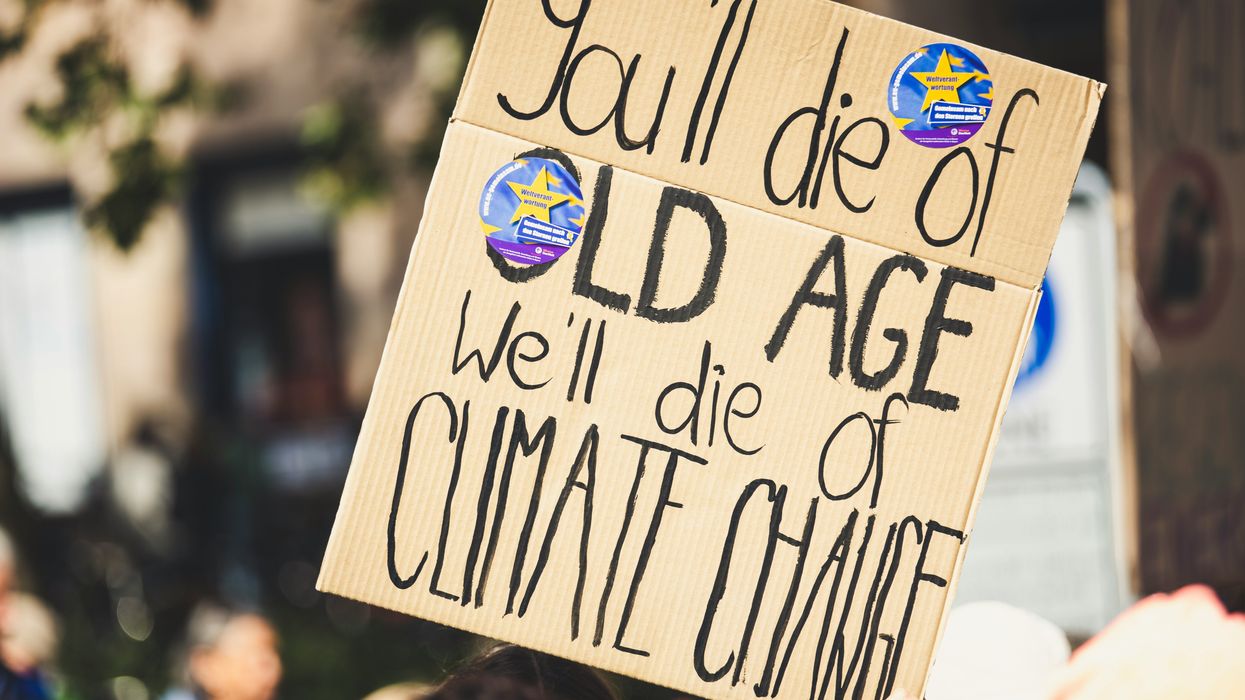A recent article published in Nature Medicine highlights the ubiquitous presence of synthetic chemicals in the global food supply and emphasizes the need to transition to a safer, more sustainable food system.
In short:
- The industrial global food system relies heavily on synthetic chemicals — including pesticides, additives, plastics and food contact materials — to preserve perishable foods.
- There are four main pathways for contamination by food contact chemicals: food processing, transportation, packaging, and preparation.
- Many food contact chemicals have been linked to significant harm to human health, and while there are more than 15,000 known food contact chemicals, up to 100,000 are estimated to exist.
- The authors emphasize the need for policy interventions to protect public health, including overhauling chemical regulations and policies that reduce ultra processed foods.
Key quote:
“Public health should be a priority for policymakers, and the importance of mitigating chemical exposures is still underappreciated.”
Why this matters:
Through the reliance on synthetic chemicals and the production of ultra processed foods, the modern globalized food system prioritizes economic considerations — like short-term profit and cost-efficiency — over human health. In addition to scientists, many regulatory bodies have acknowledged the gaps in current chemical policies. In 2016, the European Parliament wrote that existing regulation of food contact materials is “insufficient” and that there is a “general underestimation” of their contribution to food contamination. The authors of this article underscore governments’ critical role in reducing public exposure to harmful chemicals.
Related EHN coverage:
- Op-ed: To curb chronic disease in Americans, the FDA needs to assert regulatory control over toxic chemicals in our food
- Ultra-processed foods and plastic packaging make for the ultimate toxic pair, scientists say
More resources: The Food Packaging Forum, whose members co-authored this study, provides independent publications and tools based on the latest science on food contact chemicals, including an interactive dashboard of the chemicals that have been detected in humans.
Muncke, Jane et al. for Nature Medicine vol. 31. May 16, 2025
- Eating ultra-processed foods linked to higher early death rates, global study finds ›
- Risks associated with ultraprocessed foods explored ›
- Study highlights potential health risks of chemicals in ultra-processed foods ›
- Could ultra-processed foods be harmful for us? ›

















